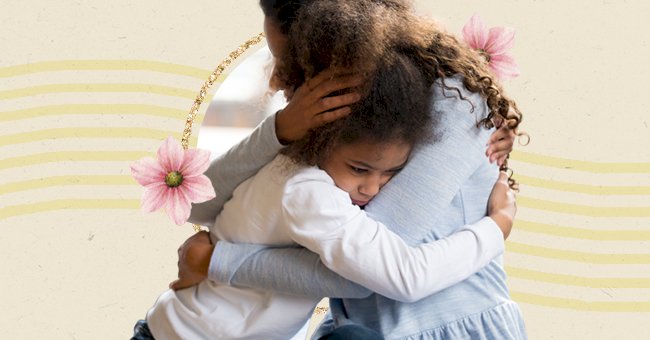
A Guide To Teaching Young Children About Consent
We must teach our children about the value and importance of consent, especially our little boys. Little girls are taught consent early on, and it’s time we started teaching our little boys the same things.
While many young boys are taught about consent, many others go untaught, which hurts our young girls. To protect the communities of our future, we have to teach consent as early as possible.
We decided to compile a guide to teaching consent to make it easier to help your child understand the concept.
Teach Correct Vocabulary
Using pet names for genitals will only lead your child to believe that their bodies are something that needs to be covered and hidden and covertly spoken about. Teaching the correct vocabulary (vagina, penis, vulva, etc.) removes the stigma about the body for your child.
Teaching the correct vocabulary also allows your child to be better equipped to report sexual abuse later on in their lives, should anything happen to them or somebody close to them.
Establish Boundaries
Teaching your child to have healthy boundaries will allow for them to more easily understand consent. You can enforce healthy boundaries by explaining that they are not allowed to have snacks after dinner.
You could also ask your child to establish their own boundaries as they get older, such as who is allowed into their personal space and who they would prefer to stay away from. Doing this gives your child a sense of control over their lives and their bodies. It also teaches them that if they have boundaries, so does everyone else.
Teach Independence
While your child is still young, teach them how they can take care of their own bodies so that you don’t have to do it for them. Teaching your child to take care of their own body will ensure that they do not feel like everybody has access to it.
Doing this will also teach your child that every person is responsible for their own body and that there is no reason for them to touch another person’s body without that person’s consent.
Teach Body Autonomy
Body autonomy is similar to independence in that the child learns to understand that their body belongs to them and nobody else. Teaching body autonomy means allowing the child to decide if they would like to hug and kiss family members or if they’re more comfortable with a high five or no contact at all.
Doing this allows the child to feel comfortable in every situation and teaches them that unless the other person wants to, you cannot hug and kiss somebody else just because you want to.
Teach Children About Sex
Granted, four-year-olds do not need the ‘birds and the bees’ talk. At this age, they’re blissfully unaware of the act of sex and don’t need to learn about it until later if they’ve been adequately taught what consent is and how to practice it.
However, when a child gets to around seven or eight years old, they will most likely begin to ask questions. You should answer every question openly and honestly. If you seem ashamed or nervous to speak with a child about sex, they will immediately assume it is something to be ashamed of.
Teaching your child about sex will better equip them to understand consent in the context of sexual intercourse and help them to make informed decisions later on in life.